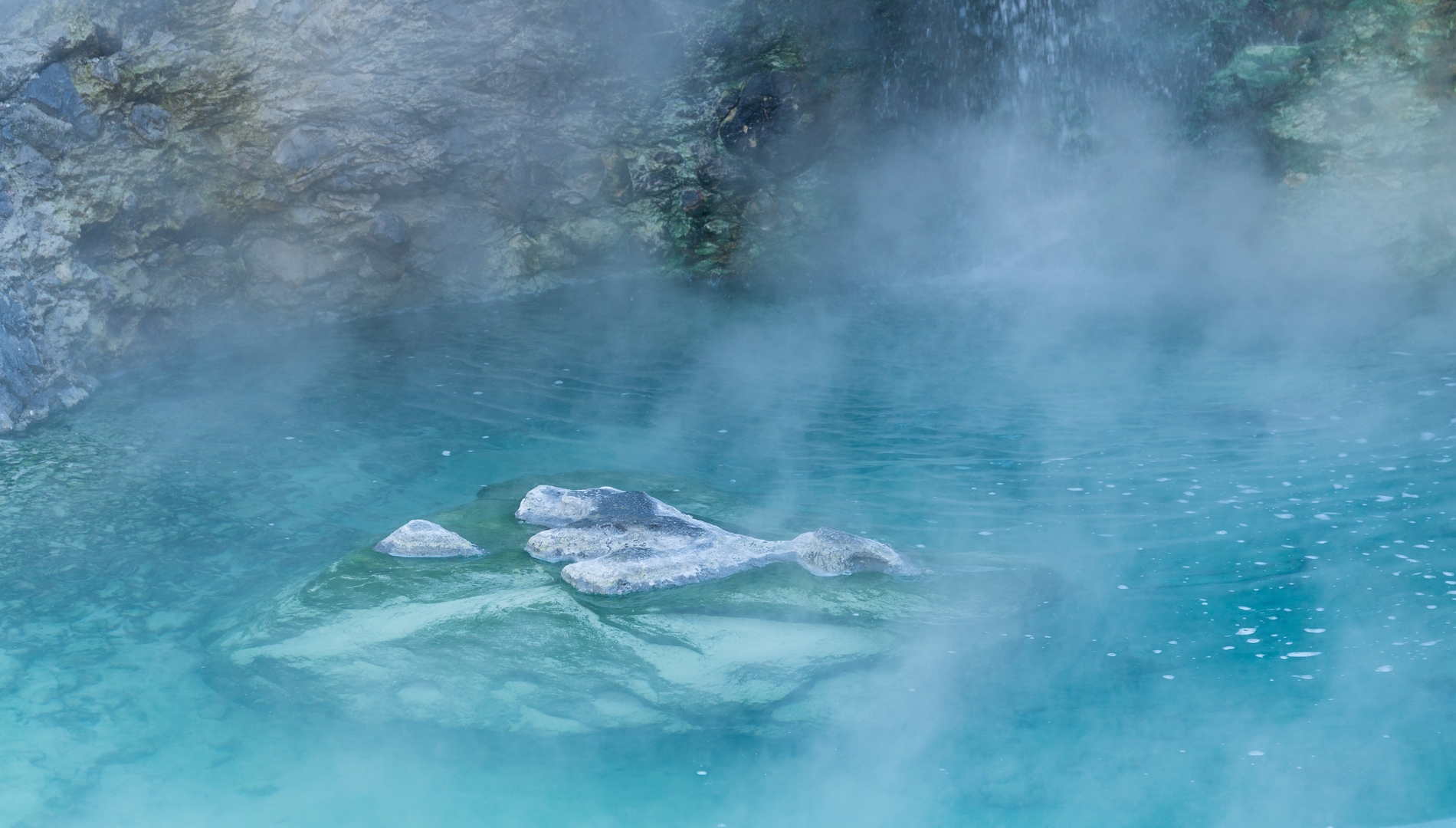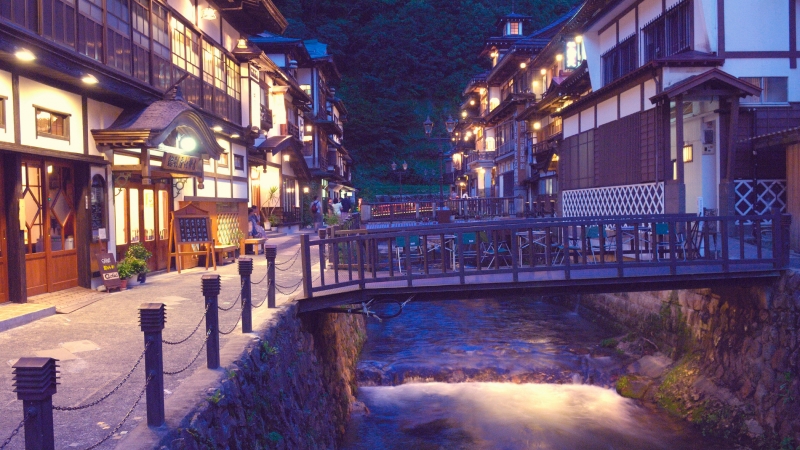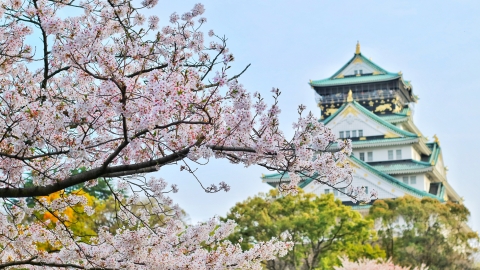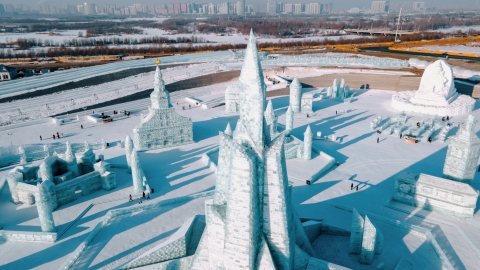Finland's success in having its sauna culture included in UNESCO's list of intangible cultural heritage has become a great source of inspiration for Japan. UNESCO's recognition of sauna culture as an integral part of Finnish life has set an important precedent, showing that unique cultural traditions, closely linked to the daily lives of a nation, can be recognized and celebrated by the world. Therefore, the Japanese advocacy group is determined to elevate onsen culture, a unique cultural symbol of the Land of the Rising Sun, to a new level, on par with other world cultural heritage sites.
Onsen, the tradition of bathing in natural hot springs that has been associated with the Japanese people for centuries, is on its way to becoming part of the intangible cultural heritage of humanity. Tottori Prefecture Governor Shinji Hirai, who heads the advocacy group, has affirmed that onsen culture fully deserves UNESCO recognition, similar to the art of sake and shochu brewing.
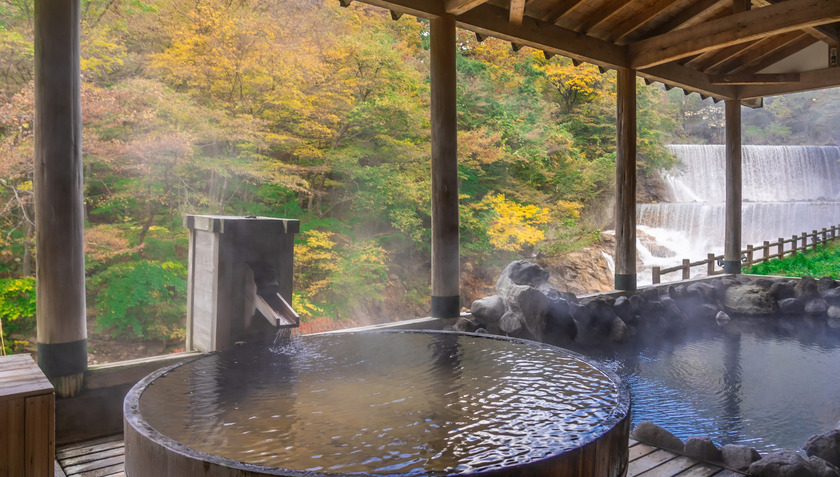
A group of governors representing 44 out of 47 prefectures in Japan are working together to have onsen culture recognized as an intangible cultural heritage by UNESCO.
Like the art of sake and shochu brewing, onsen is the result of a harmonious blend of nature and humanity, reflecting the sophistication and philosophy of the Japanese people. It is a source of pride for the Japanese and a precious gift that Japan wishes to promote to the international community.
Onsen, also known as "warm springs," are an integral part of Japanese culture. Since ancient times, the Japanese have utilized natural hot springs for bathing, relaxation, and healing. Soaking in steaming hot baths amidst beautiful natural scenery is not just a daily habit but also a deeply traditional cultural ritual. Onsens are not only places for physical relaxation but also places for people to socialize, connect with each other, share stories, and enjoy peaceful moments together.
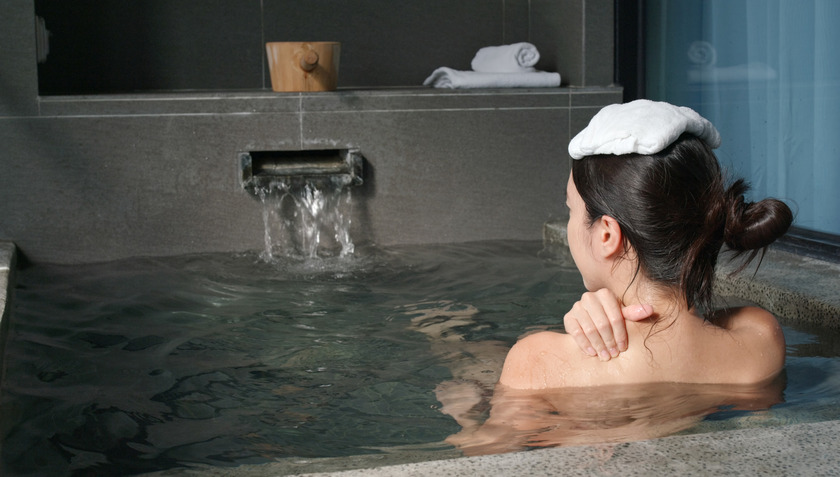
Onsen bathing is a long-standing cultural tradition of the Japanese people.
With its natural hot springs rich in rare minerals, onsen is not only a pleasure but also an effective therapeutic treatment. The Japanese have long believed that bathing in onsen can help relieve muscle aches, improve blood circulation, beautify the skin, and boost overall health. Because of these wonderful benefits, onsen has become an indispensable part of Japanese life. The fact that there are as many as 3,000 hot spring resorts demonstrates the importance of onsen to the health and well-being of the people.
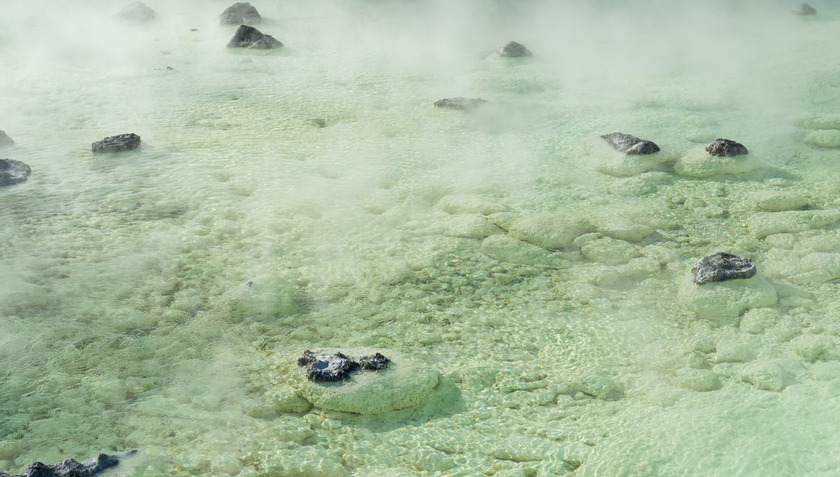
Onsen is not only an activity that helps relax the body and mind, but it also embodies the Japanese lifestyle.
In the past, Japanese people would often stay at onsens for at least a week, or even longer, bathing multiple times a day as a therapeutic method for various ailments. Today, onsen trips for health recovery are still popular, but most people only spend one or two days soaking in the natural mineral waters.

 VI
VI EN
EN



